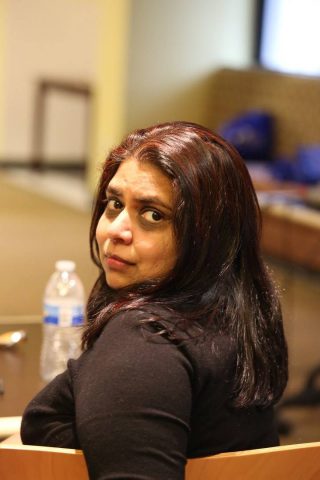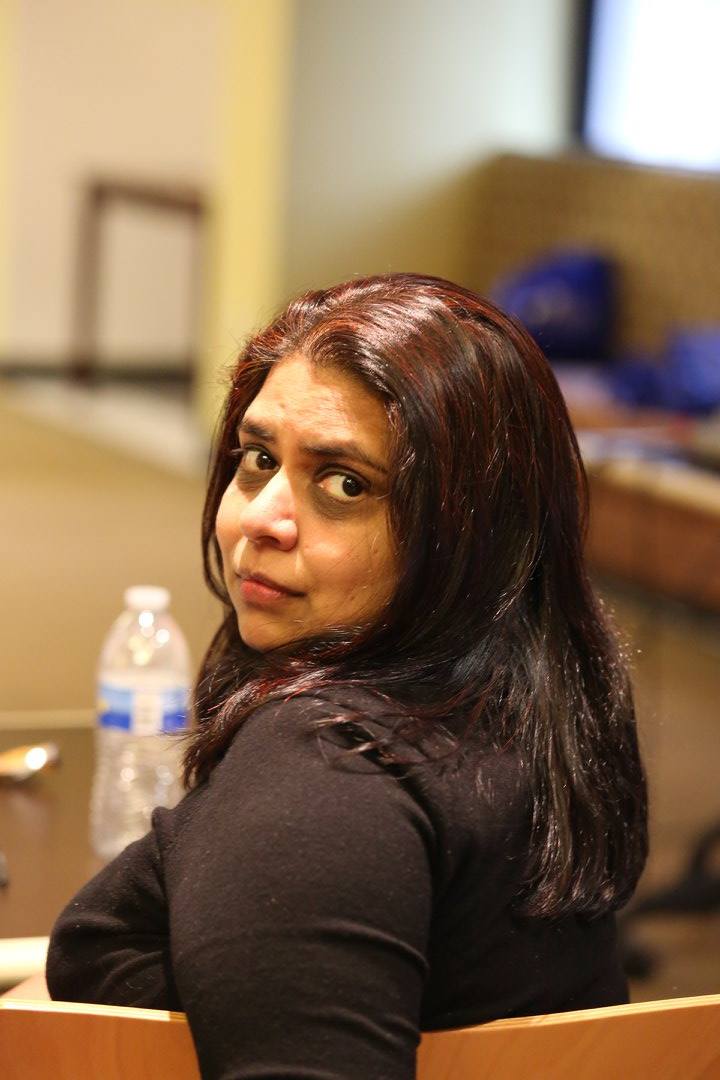
Cineflections-57
Ohāyō – (Good Morning) – 1959, Japanese
-Manjula Jonnalagadda

“You have to say the meaningless things in order to create the effective and intentional grounds on which the important things can be said”. – Ozu
Ohāyō AKA Good Morning is a film made by Yasujiro Ozu. The film is written by Kogo Noda and Ozu. It is a loose remake of Ozu’s own silent film I Was Born, But
***
Yasujiro Ozu started his career as an assistant in the Shochiku Film Company. His first film is Sword of Penitence, which was made with his collaborator Kogo Noda. His Noriko trilogy gave him the much recognition he deserved. His film Tokyo Story is consistently ranked among the all-time best films list. Ozu’s films were not seen outside Japan till his Tokyo Story won the Sutherland Prize at the London Film Festival. Ozu is credited with documenting the cultural change that Japan went through after the Second World War through his films. Ozu is one of my favorite directors of all time. He is one of the very few directors with a distinctive style and story telling ability. He passed away at the age 60, but left a treasure trove of films to watch.
There is a reason I picked Good Morning as the first foreign feature film to write about. This film is not as widely well known as some of his other films. If you have never watched a foreign film and want to start somewhere this is a perfect film. The characters and scenarios are something that most Indians who grew up in the 70s and 80s can relate to.
The film opens with children coming back from school in the evening. The four children are neighbors in suburban Tokyo. Tomiko is the treasurer for the womens’ club of the neighborhood. She collected the money but Mrs. Haraguchi, who is the president, has not received the money. Tomiko gives the money to Haraguchi’s mother who lives with Haraguchi. The old lady is forgetful, so she doesn’t give the money to Haraguchi.
Tomiko has two children Minoru and Isamu. The children in the neighborhood assemble at the bohemian neighbor’s house to watch TV. The parents of the children don’t like it, so they forbid them to go and watch TV there. Children tell their parents that they are going to English class, but go to the neighbor’s house to watch Sumo wrestling on TV. When caught, Minoru and Isamu get into an argument with their parents. When admonished for talking too much, Minoru says it is the elders who talk too much even though it is all small talk. Minoru and Isamu vow not to talk till their parents buy a TV for them. The consequence of this is the rest of the film.
The film is a wonderful story of two brothers. It is also about the regeneration gap, the politics, and the interdependency in the community.
Keitaro, the father of the brothers, does not like to buy a TV, because he thinks it produces 100 million idiots. Haraguchi’s son has chronic diarrhea, so she doesn’t feed her son well enough. His son eats pumice stone as he is hungry which makes his problems only worse. The children think parent’s small talk to others is meaningless. The parents think children cannot voice an opinion.
There is camaraderie among the people, Tomiko and neighbors buy stuff they don’t want from a salesman because they feel sorry for him. They also shop for each other and lend each other food items. At the same time there is jealousy and some pettiness. Mrs Haraguchi buys a washing machine. Neighbors wonder if she bought the washing machine with the membership dues. When the children stop talking, Haraguchi tells her neighbors that Tomiko bad mouthed about her to Tomiko’s children. That is why they stopped talking. Among all these is a budding love story between Tomiko’s sister and the boys’ English teacher.
Japanese society at that time was quite an uptight society. This film makes fun of those norms.This film is also a showcase of characters in Ozu’s films. They are people who live among us. You would know someone like those characters in your real life.
The film has the signature of Ozu’s style, the low placement of camera, tea pots, and sake bottles, and dining tables. It is a beautifully shot and directed film.
The film has stand out performances from Ozu regulars Chishu Ryu who played the father, Kuniko Miyake as Tomiko. Keiji Sada as the English teacher, Yoshiko Kuga as Tomiko’s sister. Of Course special mention should be given to the wonderful children, especially Masahiko Shimazu as Isamu who was really really cute!!
Watch this film as an introduction to one of the greatest directors of all time, and also this film is a warm hug that would bring a smile even on a sad day!
*****

Manjula Jonnalagadda is from Hamsavaram, East Godavari Dist, and lives in Los Altos, CA. She is a Techie by profession and complex by nature. She loves to read; Chekhov, Kafka, KoKu and Sankaramanchi are among her long list of favorites. She is serious about films, and a regular at a few local Film festivals. Her other interests are quizzing and hiking. While she enjoys western classical music and all kind of vegetarian food sans beans and fake meat, she seeks comfort in Carnatic music and curd rice.
